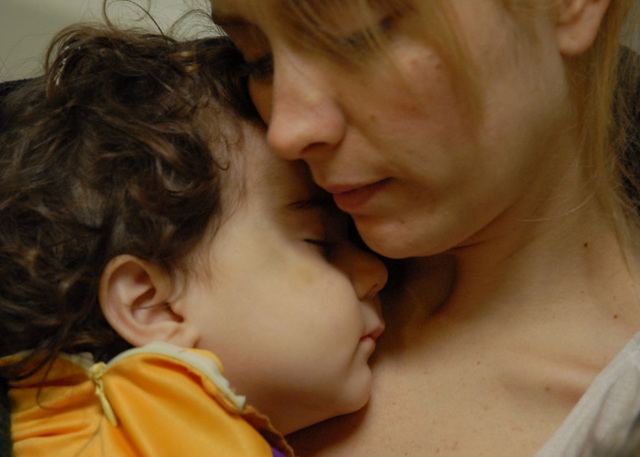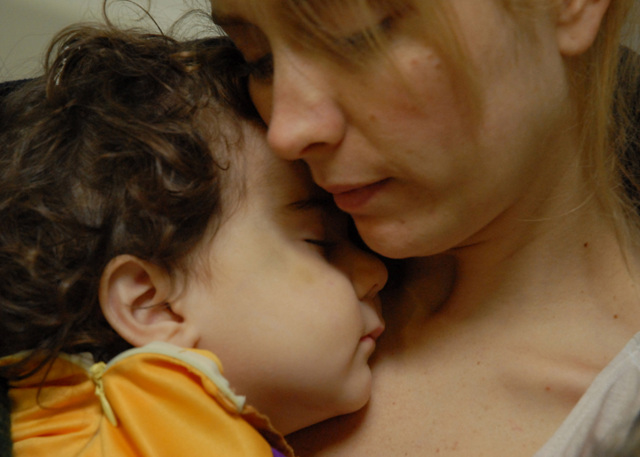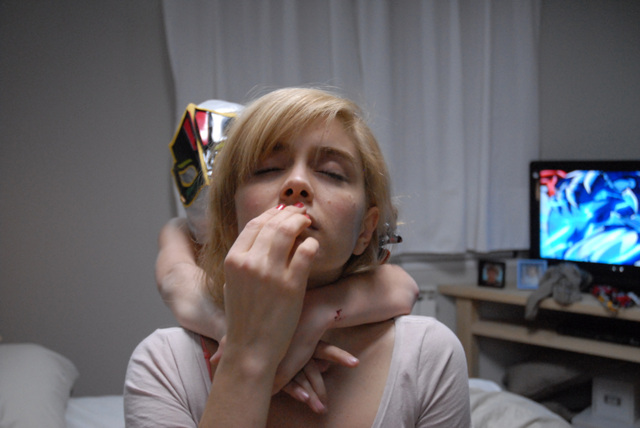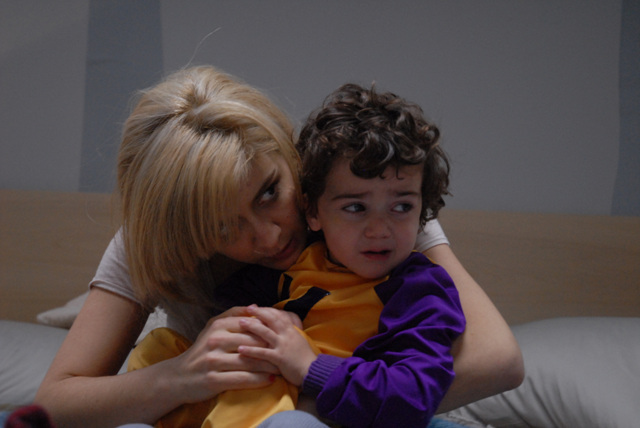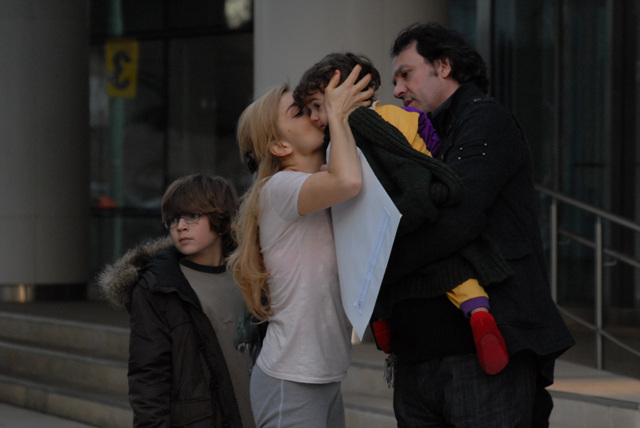12th(2010)
It’s Your Fault
Anahí BERNERI
- Argentina, France
- 2010
- 87min
- 35mm
- color
- 드라마
SYNOPSIS
Berlin International Film Festival 2010
Synopsis
Julieta does what any other mother would: try to stand firmly on her parental ground in an attempt to send the boys to bed without causing further upset. But the little ones have a mind of their own and stubbornly block out their poor mother’s pleas for peace and quiet. Julieta, under intense pressure to finish a report for work, is already beyond the point of exhaustion. Suddenly, everything comes to an absolute standstill when screams from Julieta’s younger son Teo pierce through the house. Something is clearly wrong: the boy needs medical attention and needs to be whisked to the closest hospital. What exactly happened is unclear.
Program Note
In Buenos Aires, Julieta is struggling with her two young boys. It is not easy to raise two very mischievous boys. Her husband won’t be home on time as his plane is delayed. She is also behind in her work. Suddenly, her younger son Teo falls off the bed. Julieta rushes him to the hospital with his brother, only to be confronted with unexpected circumstances.
It’s Your Fault starts with close-ups of daily life with noisy kids and no extraordinary occurrences and follows through with close-ups of strictly realistic and routine events and images.
Director Anahí Berneri, however, makes an unexpected situation protrude from a strictly realisty world and therefore demonstrates in an eerie way that women, or mothers, can be driven to a disadvantageous situation without warning at any time in society. In a patriachal social system and language structure, the language and gestures of maternity are signified as overemotional or immature, and It’s Your Fault reveals through accurate as well as amazing visual and emotional means that such ‘deficiency’ or ‘inappropriateness’ can only be fulfilled by the social guarantee of a husband/father’ sense of duty or symbolic language. (KWON Eun-sun)
PROGRAM NOTE
Berlin International Film Festival 2010
Synopsis
Julieta does what any other mother would: try to stand firmly on her parental ground in an attempt to send the boys to bed without causing further upset. But the little ones have a mind of their own and stubbornly block out their poor mother’s pleas for peace and quiet. Julieta, under intense pressure to finish a report for work, is already beyond the point of exhaustion. Suddenly, everything comes to an absolute standstill when screams from Julieta’s younger son Teo pierce through the house. Something is clearly wrong: the boy needs medical attention and needs to be whisked to the closest hospital. What exactly happened is unclear.
Program Note
In Buenos Aires, Julieta is struggling with her two young boys. It is not easy to raise two very mischievous boys. Her husband won’t be home on time as his plane is delayed. She is also behind in her work. Suddenly, her younger son Teo falls off the bed. Julieta rushes him to the hospital with his brother, only to be confronted with unexpected circumstances.
It’s Your Fault starts with close-ups of daily life with noisy kids and no extraordinary occurrences and follows through with close-ups of strictly realistic and routine events and images.
Director Anahí Berneri, however, makes an unexpected situation protrude from a strictly realisty world and therefore demonstrates in an eerie way that women, or mothers, can be driven to a disadvantageous situation without warning at any time in society. In a patriachal social system and language structure, the language and gestures of maternity are signified as overemotional or immature, and It’s Your Fault reveals through accurate as well as amazing visual and emotional means that such ‘deficiency’ or ‘inappropriateness’ can only be fulfilled by the social guarantee of a husband/father’ sense of duty or symbolic language. (KWON Eun-sun)
Director
-
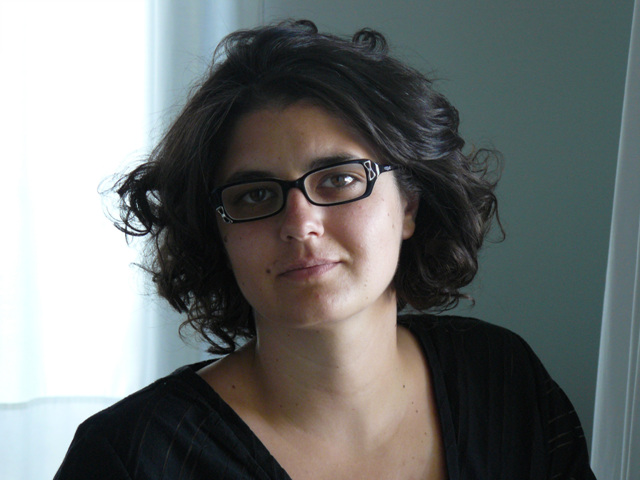
Anahí BERNERIAnahí BERNERI
Born in Martinez, Buenos Aires, in 1975. Since 1997 she has worked in several areas of the film industry. She was a casting director, an assistant director, a production manager and an editing assistant. In 1997, she wrote and directed the award-winning documentary short film Modelo Para Amar. In 2002, she directed the television show Maximo. Her first feature film A Year without Love was awarded with the Teddy Award at the Berlinale in 2005 and with the Fipresci award at the Mar del Plata International Film Festival. Her second feature Encarnacion premiered at the Toronto Film Festival and in Official Competition in San Sebastian in 2007.
Credit
- ProducerDiego DUBCOVSKY, Edgard TENEBAUM
- Cast Erica RIVAS, Nicasio GALÁN, Zenón GALÁN
- Screenwriter Anahí BERNERI, Sergio WOLF
- Cinematography Willi BEHNISCH
- Art director Aili CHEN
- Editor Eliane KATZ
- Music Sebastian BIANCHINI

